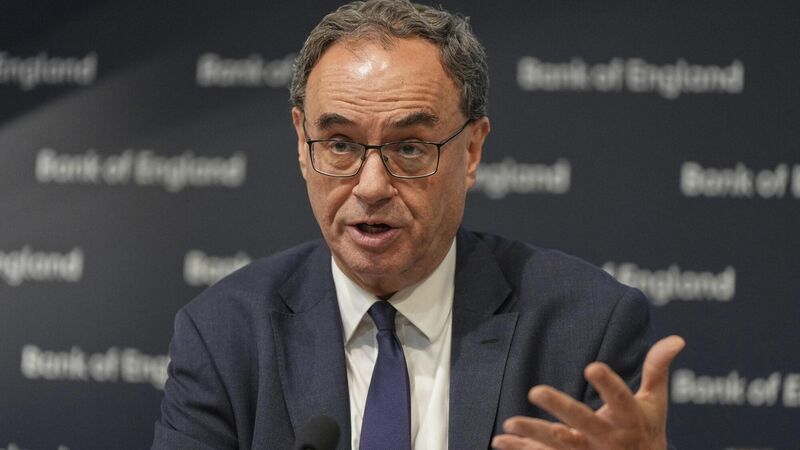David McNamara: The UK tees up some difficult measures in the upcoming budget

Bank of England governor Andrew Bailey said 'rather than cutting now', he would prefer to wait for more data/evidence of the disinflation trend. Picture: Alastair Grant/PA Wire
The November meeting of the Bank of England’s Monetary Policy Committee (MPC) saw the central bank maintain the bank rate at 4%.
This was the second consecutive meeting the BoE kept rates unchanged and was in line with market expectations.











